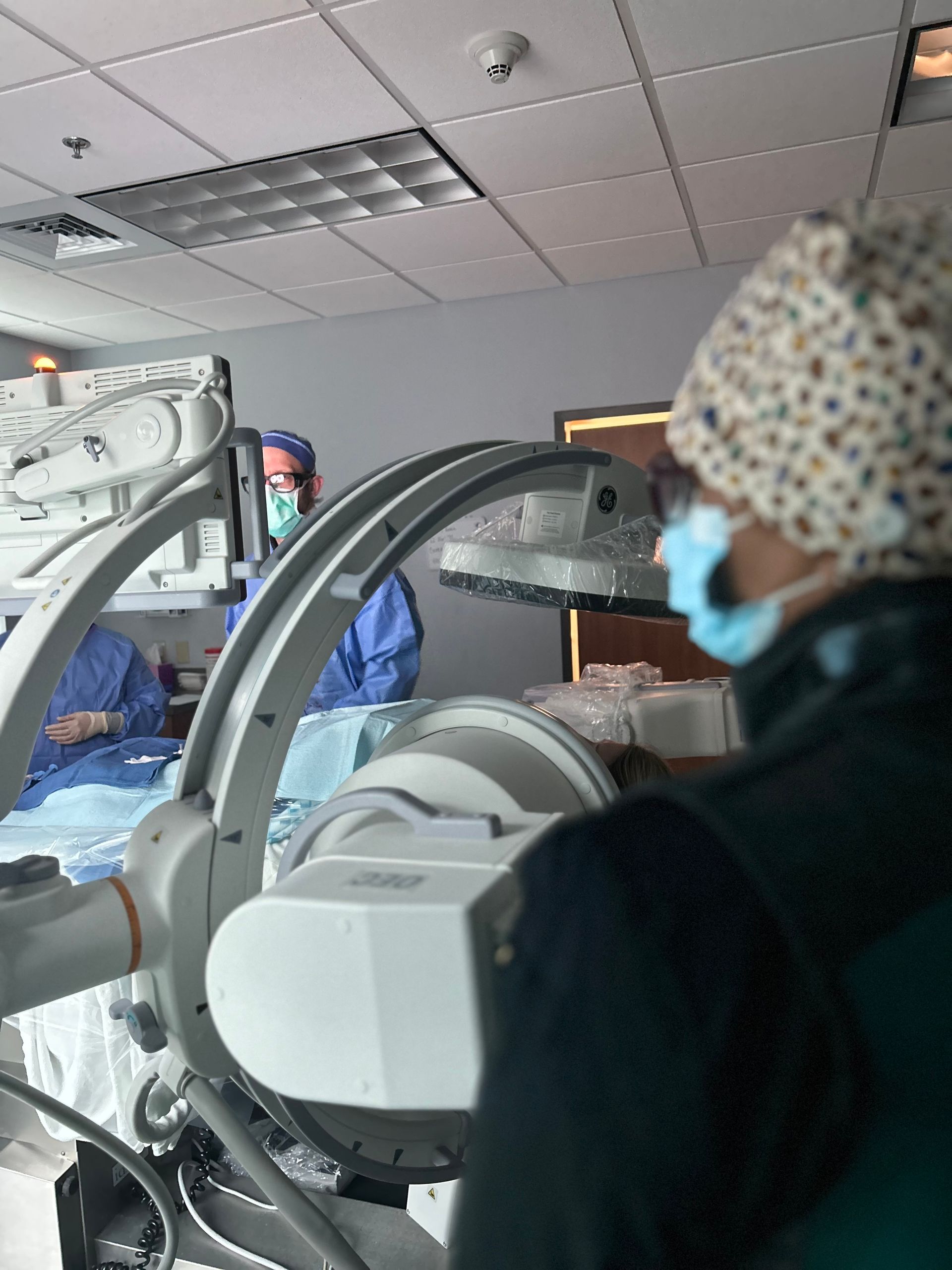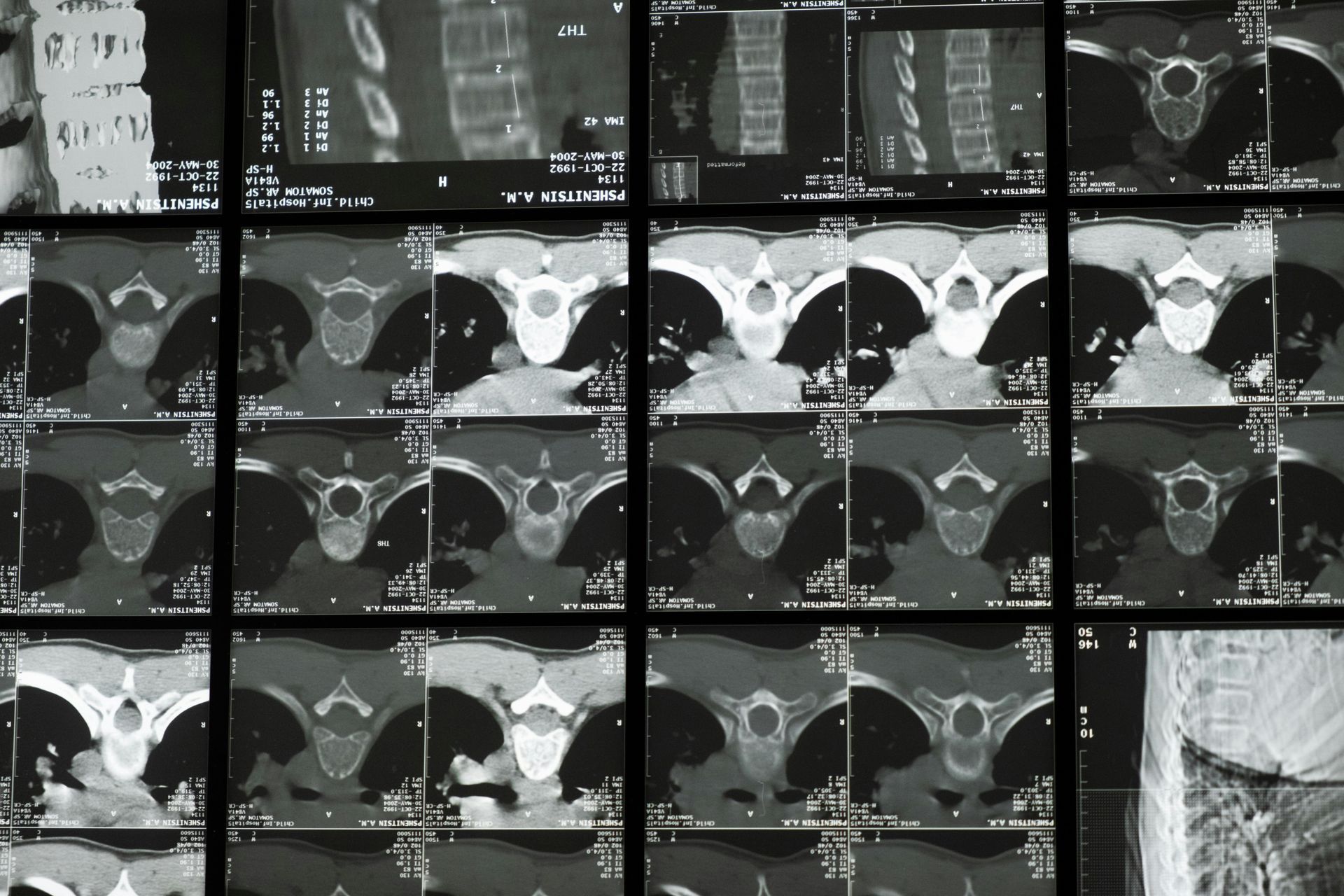Stretching and Physical Therapy for Back and Neck Pain: A Path to Lasting Relief

Back and neck pain are among the most common health complaints, affecting millions of people worldwide. Whether caused by poor posture, injuries, or the wear and tear of daily life, these types of pain can severely limit your ability to work, exercise, and enjoy daily activities. Fortunately, stretching and physical therapy offer safe, effective ways to alleviate discomfort and promote long-term healing. At Murfreesboro Vascular and Interventional, we encourage our patients to explore these non-invasive methods for managing back and neck pain.
Understanding the Causes of Back and Neck Pain
Back and neck pain can have many different causes, including:
- Poor posture: Sitting or standing with improper posture puts extra strain on the muscles and joints, particularly in the neck and lower back.
- Muscle strains: Overexertion, lifting heavy objects, or sudden movements can cause muscles to strain or spasm.
- Herniated discs: When the soft material inside a spinal disc pushes out, it can put pressure on surrounding nerves, causing pain in the back, neck, or legs.
- Degenerative conditions: Arthritis or age-related degeneration of the spine can lead to chronic pain and stiffness.
- Injuries: Car accidents, sports injuries, or falls can cause trauma to the spine, muscles, and ligaments, resulting in long-lasting discomfort.
No matter the cause, stretching and physical therapy can play a critical role in reducing pain, improving mobility, and preventing further injury.
The Benefits of Stretching for Back and Neck Pain
Stretching is one of the simplest and most effective ways to relieve tension, improve flexibility, and support overall spine health. Regular stretching helps:
- Increase flexibility: Stretching lengthens muscles and tendons, improving your range of motion and making it easier to move without pain.
- Relieve muscle tension: Tight muscles in the back, neck, and shoulders are a common cause of pain. Stretching helps release this tension, providing immediate relief.
- Improve posture: Many people suffer from back and neck pain due to poor posture, especially from long hours sitting at a desk. Stretching helps correct imbalances and strengthen postural muscles.
- Prevent injury: Stretching improves muscle elasticity and joint mobility, reducing the risk of strains, sprains, and other injuries.
Simple Stretches for Back and Neck Pain Relief
Here are a few stretches that can help alleviate discomfort and improve mobility:
- Neck Tilt: Slowly tilt your head toward your shoulder and hold for 15–30 seconds on each side to relieve tension in the neck.
- Child’s Pose: This yoga pose gently stretches the lower back and hips, relieving tension in the spine.
- Cat-Cow Stretch: This stretch involves alternating between arching and rounding the back, which helps increase flexibility and relieve tension in the lower and upper back.
- Hamstring Stretch: Tight hamstrings can contribute to lower back pain. Stretching them regularly can improve flexibility and reduce strain on the lower back.
- Thoracic Rotation Stretch: While sitting or standing, rotate your upper body to one side, hold, and then switch sides to stretch the muscles in your upper back.
The Role of Physical Therapy in Treating Back and Neck Pain
While stretching can help with flexibility and tension, physical therapy offers a more structured and comprehensive approach to treating back and neck pain. Physical therapists are trained professionals who assess the underlying causes of pain and design personalized treatment plans to address these issues. The goal is not just to alleviate pain temporarily but to correct underlying problems and improve overall function.
Benefits of Physical Therapy:
- Targeted Treatment: Physical therapists create customized exercises and stretches tailored to each patient’s condition, focusing on specific areas of pain and dysfunction.
- Strengthening Muscles: Strengthening core muscles and those supporting the spine can help stabilize the back and neck, reducing pain and preventing future issues.
- Improving Posture and Alignment: Poor posture is a common cause of chronic pain. Physical therapy can correct posture through exercises that train muscles to support proper alignment.
- Pain Management Techniques: Physical therapists use a variety of techniques such as manual therapy, ultrasound, heat therapy, and electrical stimulation to reduce pain and inflammation.
- Injury Prevention: Physical therapy focuses on identifying movement patterns or habits that contribute to pain, helping patients make adjustments to prevent re-injury.
Common Physical Therapy Techniques for Back and Neck Pain:
- Manual therapy: Hands-on techniques like massage, joint mobilization, or soft tissue manipulation to relieve muscle tension and improve movement.
- Therapeutic exercises: Targeted exercises to strengthen muscles, improve flexibility, and enhance stability around the spine.
- Posture training: Exercises and education to improve body mechanics and posture, which can prevent or reduce pain.
- Core strengthening: Building strength in the abdominal and lower back muscles to support the spine and reduce stress on the back.
Combining Stretching and Physical Therapy for Long-Term Results
For many patients, the combination of regular stretching and a structured physical therapy program offers the most effective approach to managing back and neck pain. Stretching can be easily incorporated into a daily routine to maintain flexibility and prevent tension buildup, while physical therapy provides targeted, professional care that addresses the root causes of pain.
By working together, these two approaches can:
- Improve mobility: Stretching and physical therapy both help increase your range of motion, making it easier to perform daily activities without pain.
- Reduce pain and inflammation: Stretching keeps muscles flexible, while physical therapy provides focused care to reduce inflammation and address imbalances.
- Strengthen the body: Physical therapy exercises target weak muscles that contribute to poor posture and pain, helping build strength and stability over time.
When to Seek Help for Back and Neck Pain
While stretching and physical therapy are effective treatments for many cases of back and neck pain, it’s important to seek medical advice if:
- Your pain is severe or lasts for more than a few weeks.
- You experience pain that radiates down your legs or arms.
- You have numbness, tingling, or weakness in your limbs.
- You’ve been injured or suspect a serious condition, such as a herniated disc or spinal fracture.
At Murfreesboro Vascular and Interventional, our team is committed to helping patients manage pain and improve their quality of life with safe, effective, and non-invasive treatments. Whether you’re dealing with chronic pain or a recent injury, we can help you find the right approach to regain your strength and mobility.
Conclusion
Back and neck pain don’t have to be part of your daily life. With the right combination of stretching and physical therapy, you can reduce pain, improve flexibility, and prevent future injuries. These non-invasive treatments offer long-term relief and are often the first line of defense in managing discomfort without the need for medication or surgery.
If you’re ready to take control of your back or neck pain, contact us today to schedule a consultation and learn how stretching and physical therapy can work for you!












